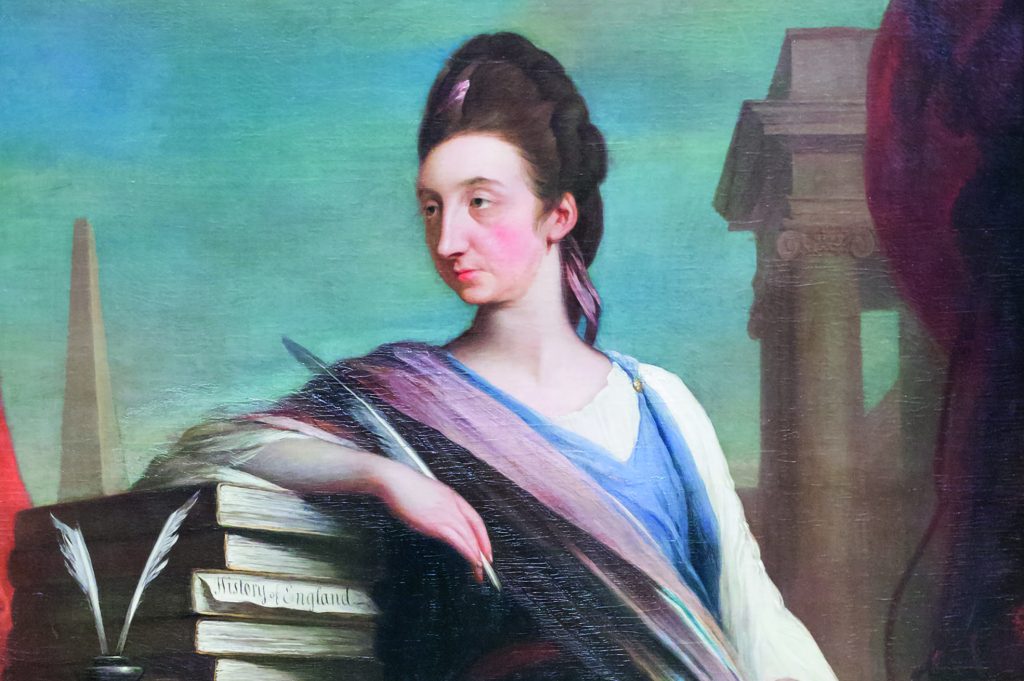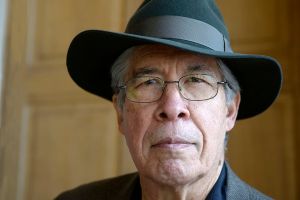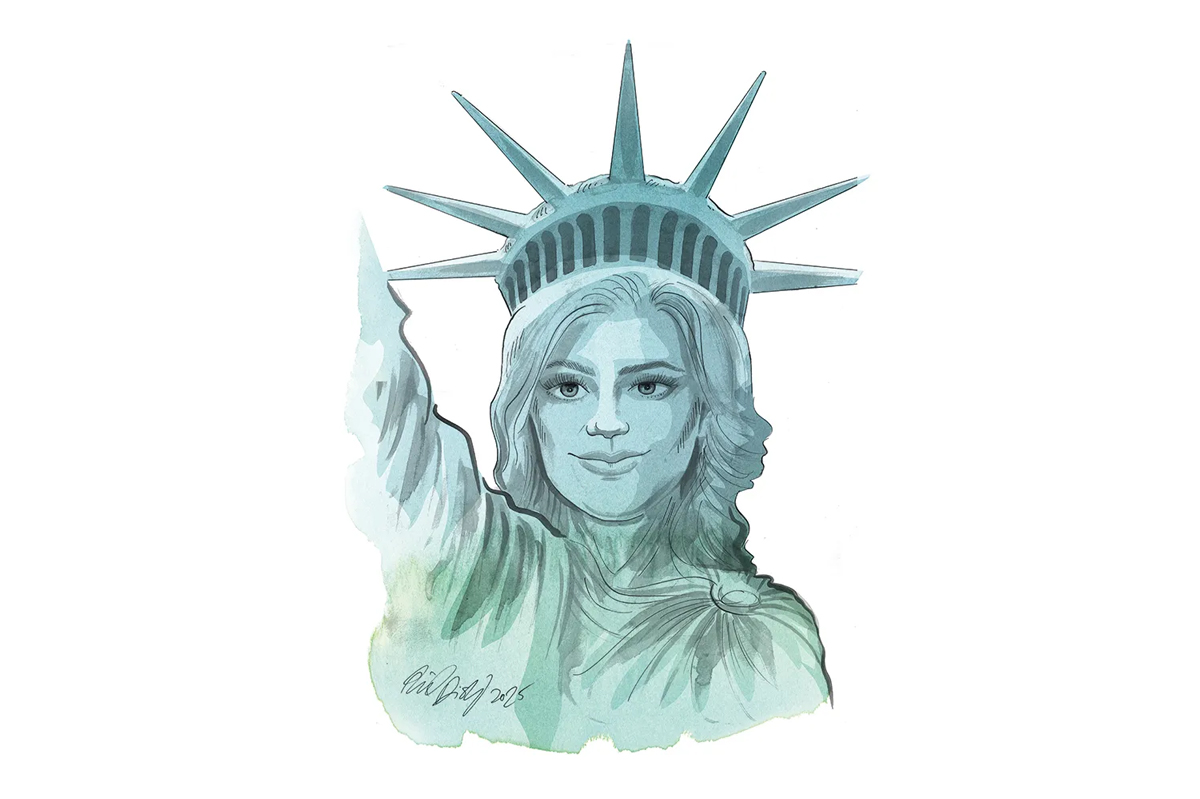History used to be so much easier. Take the Enlightenment, for example. Everyone knew that this was the Age of Reason: the moment when science finally started to impose order and banish religion. The French rationalists had their heyday, Voltaire, the philosophes and all that, before they were vanquished by the Scottish empiricists David Hume and Adam Smith and the great commercial acceleration of the late 18th century. As for the English, they did not make much of an appearance, alas. And the French got their comeuppance, as reason got out of control and led to the Age of Revolutions, blood on the streets of Paris and Madame la Guillotine. Or something like that. Still, it ended up well because of the inevitable progress of history and here we all are.
Now, however, the academics have had their revenge. Was there really an Enlightenment at all, in any distinctive sense? Was it a movement of ideas, or something more organized? Does it make sense to talk of the Enlightenment, or were there plural enlightenments? Was it radical or moderate, or both? Science or Art? Reason or Religion? A host of recent books have addressed these questions.
What has energized debate still further is the degree to which the Enlightenment — always a controversial idea — has become more widely contested and politicized. In particular, the tendency to project modern obsessions back into the past, to find origins and make judgments based on contemporary values, has been pervasive.
Liberals have drawn on the Enlightenment as the foundation for a universal, cosmopolitan and secular modernity, while conservatives have seen it as a source for arid individualism on the one hand and totalitarianism and revolution on the other. In an age of Black Lives Matter, the Enlightenment’s traditional points of focus are increasingly being made to appear not merely superficial but actively malign. In the words of the late Eric Hobsbawm: ‘a conspiracy of dead white men in periwigs to provide the intellectual foundation for Western imperialism’.
Amid such a maelstrom, the general reader can be forgiven for feeling a tad daunted. Now, however, help is at hand, in the form of Ritchie Robertson’s The Enlightenment, a work that is at once readable, authoritative and wide-ranging. At 780 pages, plus a considerable body of endnotes, this is a mini Encyclopédie, but the publishers have done well to make it into a handsome single volume, complete with nearly 30 images from the great first editions of the period.
Robertson’s goal is straightforward but ambitious: to tell the history in a way that is capacious, nuanced but without needless complexity or academic infighting, and that brings to life the leading ideas, events, people and texts. He counteracts the frequent tendency to over-intellectualize the Enlightenment by widening his focus to include literature, the arts, commerce, agriculture, science and medicine and much else. From the use of statistics to the novel to animal rights and vegetarianism, reaching across perhaps a dozen different nations, the book’s range is astonishing.
Robertson also takes on some of the implicit dogmas of the genre. In the first place, he insists that there was an Enlightenment: an extraordinary and connected movement of European thought that arose in large part from the collapse of the authority of Aristotelianism in the early 17th century, the acknowledgement of imperfection in God’s creation, and the recognition that, in the words of Galileo, ‘The book of Nature is written in the language of mathematics.’ The indirect effect of Newton’s towering Principia (1687) was to embed this idea vividly in the European imagination; a century later, the same belief inspired the pioneering work of Antoine and Marie-Anne Lavoisier in quantitative chemistry.
Yet Robertson cautions against the mistake of seeing this period as a pure Age of Reason. This was a time when only a small part of the population of Europe could read, and the vast majority of those who formed elite opinion were churchgoers who believed in God. For all but a few, reason was the antidote to superstition and the terrors of nature, not the cause of atheism. Even the skeptical David Hume, widely denounced in his own time as an infidel, was willing to take the oath required to hold a university chair, had Edinburgh or Glasgow had the wit to appoint him. Voltaire, scourge of church tyranny, is now thought of as a deist who believed in a natural religion.
Robertson skillfully counterposes reason to the ideas of sensibility and sociability. John Locke’s argument that the human mind was not a mass of innate ideas but a blank slate on which experience might write stimulated huge interest in education across Europe. But it also drew attention to the Aristotelian idea that humans were social animals, possessed of a broadly fixed human nature which was not merely capable of reasoning but emotional, passionate, imaginative and sympathetic. As the limitations of the mechanistic philosophy of the 17th century started to show themselves, so there emerged more supple ways of thinking about specifically human interactions in social, commercial and artistic contexts. Robertson rightly recognizes both the conditions faced by many women often treated as chattels, and their growing commercial and political impact, as well as the specific achievements of women such as the extraordinary Catharine Macaulay, whose History of England rivaled that of Hume.
In a brilliant chapter, Robertson encompasses Adam Smith’s demonstration that even human commercial exchange rests on imagination (for if we are to trade, then I must be able to conceive how my goods may be of interest to you, and you how I may use your goods for my own benefit); Hume’s great ‘science of man’, intended to be a unified and general account of human life in all its major aspects; Diderot’s idea of universal sensibility underlying all individual action; and the growing preoccupation of German thinkers with anthropology, culminating in Schiller’s Aesthetic Letters.
As this implies, Robertson has no truck with the idea, sometimes advanced by 19th-century German intellectuals, that the Enlightenment was a broadly French phenomenon that largely passed Germany by. His goal is not to be Eurocentric — his interweaving discussions of Islam, India, China and America highlight the porosity of the times — so much as to recognize the pan-European dimension of the flow of thought. Francis Hutcheson was an Ulster-born leader of a Scottish intellectual movement, educated in Glasgow, imbued in Low Countries’ Protestantism and the moral writings of the (English) Earl of Shaftesbury, and hugely influential in America. Edmund Burke was an Irishman living in England whose greatest intellectual debt was to Montesquieu, a Frenchman. And so on.
And the English? Robertson gives them a qualified place at the table, arguing that in contrast to the French and the Scots, there was no body of English thinkers systematically exploring crucial areas of science or political economy until the 1780s and the emergence of circles of radical dissent around such figures as Joseph Priestley, Richard Price and William Godwin and his brilliant wife Mary Wollstonecraft.
This is, surely, too narrow a reading. After all, the 1760s had seen the emergence of one of the most dazzling intellectual and artistic groupings ever assembled, at Dr Johnson’s Club. Without exception they can be accounted enlightened thinkers and doers. The adopted Englishman Burke was defining representative government, making the case for party as a stabilizing force in politics and pioneering intelligent political communication through his published speeches. Joshua Reynolds was laying an institutional basis for the fine arts through the new Royal Academy; David Garrick leading a naturalistic revolution in the theater; Edward Gibbon transforming the understanding of Roman history for an English audience. As for Johnson himself — a keen amateur chemist — he made a foundational contribution to virtually every branch of writing he touched, including journalism, fiction, poetry, criticism, satire, biography, the essay, travel writing and, of course, lexicography, with his great Dictionary. Without risking charges of nationalism or a naive English exceptionalism, one might go still further. It is hard to imagine the Scottish Enlightenment taking form as it did, for all its distinctively Scottish roots and basis in the great universities, without the Act of Union (1707). All the leading thinkers of the time recognized its importance: as Adam Smith said, ‘The Union was a measure from which infinite good has been derived to this country.’ It remains an astonishing irony that Scotland is presently governed by a political party that purports to celebrate the Scots’ distinctiveness and achievements while disowning their crowning glory, and the Union’s role in it.
In part because there was no English revolution in the 18th century, there has been a latent tendency to write the English out of the picture. But, as Robertson recognizes, the English had had their political revolution in 1688, and intellectual and religious ones before that. He rightly highlights the centrality to European thought of Newton, Boyle, Locke and Hobbes. But one could perhaps argue the case of Francis Bacon more than Robertson does.
It was Bacon who said, and devoted his own life in different ways to the idea, that Quisque faber fortunae suae — everyone is maker of his own fortune. If ever there was an ambition that guided the Enlightenment pursuit of happiness, for good or ill, or the great Kantian injunction to dare to think for oneself, that is it. And the need for independent thought, conditioned always by a knowledge of history such as this, has rarely been more important than today.
This article was originally published in The Spectator’s March 2021 US edition.

























